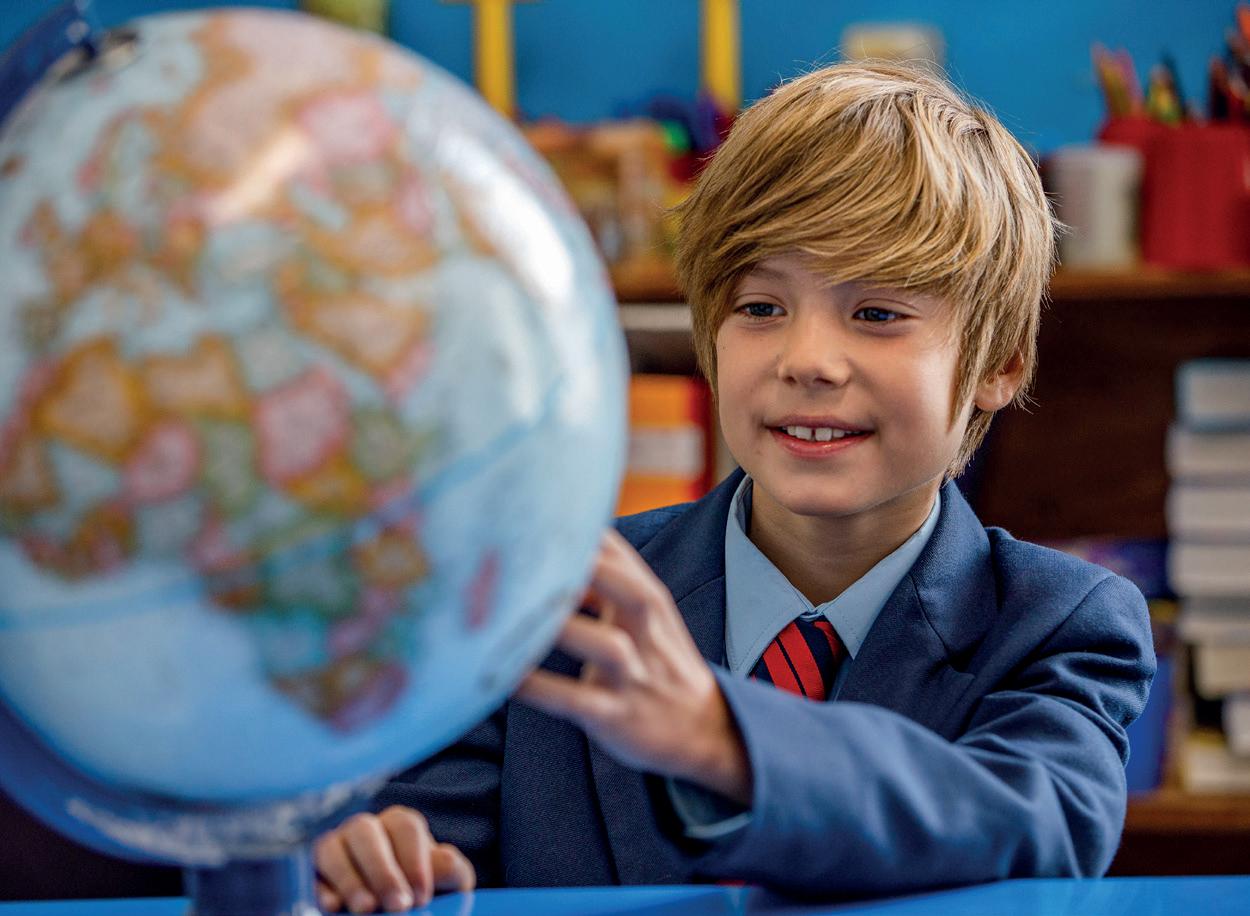


Primary Years Programme














At St Leonards, we aim to instil a lifelong love of learning in our pupils through our inspiring all-through International Baccalaureate curriculum. The first chapter of this learner journey is the Primary Years Programme (PYP), which gives children a firm grounding in numeracy, literacy, physical, social and personal education, the arts and social studies. The inquiry-based curriculum is structured around six transdisciplinary themes, which are directed by the pupils’ interests and global in outlook. Numerical and literacy concepts and skills are taught alongside English and Maths which are integrated into the Units of Inquiry at every opportunity.


The PYP framework consists of six transdisciplinary themes.
1. Who We Are: Pupils explore the nature of the self; beliefs and values; personal, physical, mental, social and spiritual health; human relationships including families, friends, communities, and cultures; rights and responsibilities; what it means to be human.
2. Where We Are in Place and Time: Pupils explore orientation in place and time; personal histories; homes and journeys; the discoveries, explorations and migrations of humankind; the relationships between and the interconnectedness of individuals and civilizations, from local and global perspectives.
3. How We Express Ourselves: Pupils explore the ways in which we discover and express ideas, feelings, nature, culture, beliefs and values; the ways in which we reflect on, extend and enjoy our creativity; our appreciation of the aesthetic.
4. How the World Works: Pupils explore the natural world and its laws; the interaction between the natural world (physical and biological) and human societies; how humans use their understanding of scientific principles; the impact of scientific and technological advances on society and on the environment.
5. How We Organise Ourselves: Pupils explore the interconnectedness of humanmade systems and communities; the structure and function of organisations; societal decision-making; economic activities and their impact on humankind and the environment.
6. Sharing the Planet: Pupils explore rights and responsibilities in the struggle to share finite resources with other people and with other living things; communities and the relationships within and between them; access to equal opportunities; peace and conflict resolution.
The children love to take their inquiries into the great outdoors. Beach school is a highlight of the weekly curriculum, with pupils enjoying lessons on the East Sands, just a two-minute walk from the school campus. These lessons are vibrant and varied, and include everything from honing subtraction skills by creating and solving problems in the sand, to investigating forces using ropes, barrels and found objects. Class reading books are taken down to the pier on bright days, to the fire pit in twilight hours, and into one of the school’s two cosy yurts, complete with wood-burning stoves, in wet weather. In addition, pupils develop their beekeeping, gardening, and bushcraft skills, both in curriculum lessons and after-school activities, and prove themselves as ‘risk takers’ with fun termly ‘dooks’ in the North Sea – those who choose to complete three dooks become fully fledged members of the Polar Bear Club!

There are seven questions which guide the pupils’ inquiries:
What is it like? (Form)
How does it work? (Function)
Why is it like this? (Causation)
How is it changing? (Change)
How is it connected to other things? (Connection)
What are the points of view? (Perspective)
What is our responsibility? (Responsibility)
These are known as the Key Concepts and are used throughout all four IB programmes. They help the children to build understanding across, between and beyond subject areas and provide a framework for learning which helps the children to integrate and transfer their learning to new contexts.

